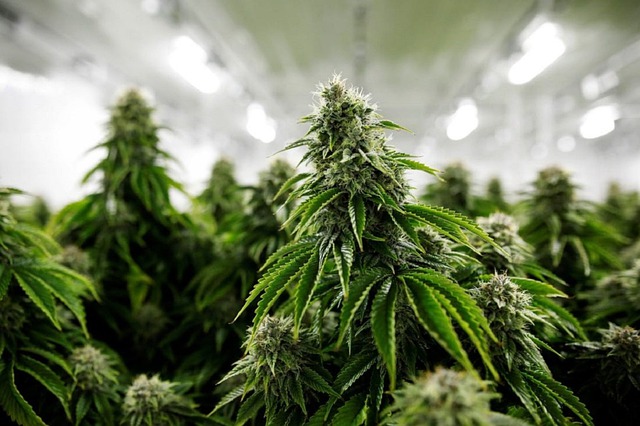The psychoactive compound delta-8 tetrahydrocannabinol, also known as delta-8 THC, is found in the Cannabis sativa plant, which includes marijuana and hemp. A cannabinoid, Delta-8 THC is one of the over 100 cannabinoids produced naturally by the cannabis plant. However, Delta-8 THC does not appear in significant amounts in cannabis. Thus, hemp-derived cannabidiol (CBD) is typically used to produce concentrated amounts of Delta 8 concentrate.
In any case, delta-8 THC products have not been evaluated or approved by the FDA for safety. Public health may be compromised by their marketing and they should especially be kept out of reach of children and pets.
To keep you and those you care about safe from products with serious health risks, here are 5 things you should know about delta-8 THC:
- FDA has not evaluated or approved Delta-8 THC products for safe use, and they may be marketed in ways that endanger public health.
Concerns about delta-8 THC products currently available online and in stores are known to the FDA. The FDA has not evaluated or approved the safety of these products in any context. Concerns include variable formulations and product labeling, other cannabinoids and terpenes, and variable delta-8 THC concentrations. In addition, some of these products are simply called hemp products, which may mislead consumers who assume hemp is non-psychoactive. Furthermore, the FDA is concerned about products that contain hemp. that contain delta-8 THC and are marketed for therapeutic or medical uses without FDA approval. Products with unsubstantiated therapeutic claims are not only in violation of federal law, but also can put consumers at risk since they haven’t been proven to be safe or effective. In addition to raising significant public health concerns, deceptive marketing of unproven treatments may lead to patients and other consumers using these in place of approved therapies to treat serious and even fatal diseases.
- Delta-8 THC-containing products have been reported to the FDA as having adverse effects.
In the period December 2020 to July 2021, the FDA received adverse event reports from both consumers and law enforcement regarding 22 patients who consumed delta-8 THC products; of these, 14 patients presented to a hospital or emergency room following their consumption. One hundred and twenty five patients were adversely affected after consuming food products containing delta-8 THC (e.g., brownies, gummies). Vomiting, hallucinations, difficulties standing, and loss of consciousness were reported as adverse events.
Sixty-six cases of delta-8 THC exposure were reported to national poison control centers between January 2018 and July 31, 2021, 660 of which occurred between January 1, 2021, and July 31, 2021. These cases include:
77% of these unintentional exposures involved pediatric patients less than 18 years of age, with 41% involving exposure to delta-8 THC.
Three-quarters of the patients were pediatric patients under 18 years of age
Following exposure to these products, 18% of children were hospitalized, including children who needed intensive care unit (ICU) admission.

